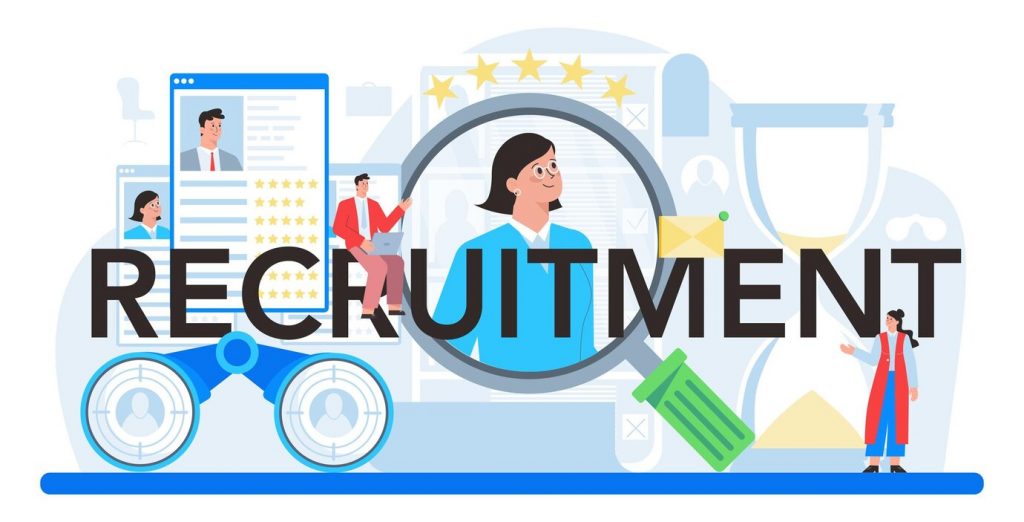Introduction
Hiring is no longer just about resumes and gut instincts. Today, AI-powered recruitment analytics are transforming how companies evaluate candidates. One of the most groundbreaking innovations in this space is sentiment analysis in hiring, which leverages AI to assess emotions, tone, and word choices in interviews.
By integrating interview intelligence AI, organizations can make more data-driven, unbiased, and efficient hiring decisions. AI doesn’t just process words; it analyzes facial expressions, voice intonations, and overall sentiment to provide a deeper understanding of a candidate’s engagement, confidence, and cultural fit.
But as with any AI-driven approach, challenges exist—privacy concerns, accuracy limitations, and ethical considerations remain critical. This blog explores how sentiment analysis in interview intelligence works, its benefits, challenges, and the future of AI in HR and recruitment.
Understanding Sentiment Analysis in Hiring
Sentiment analysis is a subset of natural language processing (NLP) and machine learning (ML) that interprets human emotions based on verbal and non-verbal cues. In recruitment, it evaluates candidate responses, tone, and even facial expressions to gauge their confidence, sincerity, and enthusiasm.
How AI Analyzes Candidate Sentiment
- Verbal Analysis: AI-powered recruitment analytics assess word choice, sentence structure, and tone to determine sentiment (e.g., positive, neutral, or negative).
- Voice Intonation: Changes in pitch, stress, and hesitation patterns help AI detect confidence or nervousness.
- Facial Expression Recognition: AI scans microexpressions to measure emotions like happiness, stress, or frustration.
For instance, platforms like HireVue, JobTwine, and Pymetrics use AI-powered sentiment analysis to identify genuine enthusiasm and cultural fit, reducing the guesswork in recruitment decisions.
Also Read: Top Trends Shaping Interview as a Service in 2025 & Beyond
Benefits of Sentiment Analysis in Interview Intelligence
Improved Hiring Decisions
AI-powered sentiment analysis enhances decision-making by providing objective insights into candidate emotions. Recruiters can go beyond scripted answers to assess true engagement levels and personality traits, ensuring a better fit for company culture.
Case Study:
A Fortune 500 company using AI-driven interview intelligence found that candidates with high engagement scores (determined by sentiment analysis) performed 25% better in their roles after hiring, compared to those evaluated solely on traditional interview methods.
Bias Reduction
Human bias in interviews is well-documented—research by Harvard Business Review shows that unstructured interviews have a low predictive validity (only 14%). Sentiment analysis, when properly trained, eliminates unconscious biases related to race, gender, or accent, leading to fairer hiring practices.
Enhanced Candidate Experience
Candidates often feel nervous or misunderstood in interviews. AI ensures that evaluations are consistent and objective, leading to a more equitable hiring process.
Efficiency & Scalability
For large-scale hiring, AI-powered recruitment analytics can process thousands of interviews simultaneously, cutting screening time by over 50%. Companies like Unilever and Hilton have already adopted AI-driven interview intelligence to streamline hiring without sacrificing quality.
Also Read: How Interview as a Service Saves Time and Costs in Recruitment
AI-Powered Recruitment Analytics: How It Works
Data Processing in Sentiment Analysis
- Speech-to-Text Conversion – AI transcribes spoken words and analyzes language.
- Sentiment Detection – NLP models score candidate emotions (e.g., positive, neutral, or negative).
- Facial & Voice Recognition – AI maps emotions based on expressions and voice modulations.
- Contextual Understanding – Machine learning identifies inconsistencies or strong confidence indicators.
Tools & Technologies
- IBM Watson Tone Analyzer – Detects sentiment in conversations.
- HireVue AI – Analyzes facial expressions and verbal cues in video interviews.
- JobTwine Interview Intelligence – Enhances hiring efficiency through AI-driven sentiment analysis, ensuring fairer and more accurate evaluations.
Also Read: How Interview as a Service Can Improve Candidate Experience
Challenges & Ethical Considerations
While AI in HR and recruitment offers immense benefits, it also comes with challenges.
Privacy Concerns
Candidates may feel uneasy about being analyzed at such a deep level. Data security in AI-powered interview privacy is crucial, with companies needing GDPR and CCPA compliance to protect sensitive information.
Fact: A 2023 PwC survey found that 78% of job seekers worry about AI misusing their personal data.
Accuracy Limitations
AI cannot perfectly interpret human emotions—cultural differences, accents, and speaking styles can lead to misinterpretations.
Human Oversight is Essential
AI should assist, not replace, human decision-making. The best approach combines AI insights with recruiter intuition, ensuring a well-rounded hiring process.
Also Read: Interview as a Service vs. AI Chatbot Recruiting: Key Differences & Benefits
Future of Sentiment Analysis in HR & Recruitment
The next evolution of sentiment analysis in hiring will focus on enhanced accuracy, ethical AI, and candidate privacy.
What’s Coming Next?
- More Accurate Emotion Detection – AI will improve in understanding cultural nuances and diverse speech patterns.
- Blockchain for Candidate Privacy – Secure, decentralized data storage will enhance AI-powered interview privacy.
- Greater Human-AI Collaboration – Companies will train recruiters to leverage AI insights while making the final hiring decision.
Stat: By 2027, AI-driven hiring is expected to reduce bias-related hiring disputes by 40%, according to Deloitte.
Also Read: How to Choose the Best Interview as a Service Platform: Key Features
Conclusion & Call to Action
Sentiment analysis in interview intelligence AI is revolutionizing recruitment by providing objective, data-driven insights into candidate emotions, helping companies make smarter, fairer, and more efficient hiring decisions.
For organizations seeking an AI-powered recruitment analytics platform that balances AI precision with human judgment, JobTwine offers industry-leading interview intelligence solutions that enhance hiring accuracy and reduce bias.
Are you ready to transform your hiring process with AI-powered sentiment analysis? Explore how JobTwine can help you build a smarter, more effective workforce.
Frequently Asked Questions
What is sentiment analysis in hiring?
Sentiment analysis in hiring uses AI to analyze verbal and non-verbal cues in interviews, assessing candidate emotions, engagement, and confidence levels to improve hiring decisions.
How does AI-powered recruitment analytics work?
AI tracks candidate speech, facial expressions, and tone, converting these elements into sentiment scores that help recruiters make data-driven decisions.
What are the privacy concerns in AI-powered interviews?
Privacy concerns include data security risks, unauthorized data sharing, and lack of transparency in AI decision-making. Companies must comply with regulations like GDPR and CCPA to protect candidate information.
Can sentiment analysis reduce hiring bias?
Yes, when properly trained, AI-powered sentiment analysis can help eliminate unconscious biases related to gender, ethnicity, and accents, leading to fairer hiring processes.
How will sentiment analysis evolve in the future of AI in recruitment?
Future advancements will focus on greater accuracy, ethical AI practices, and blockchain-based candidate data protection, ensuring more transparent and secure hiring processes.




